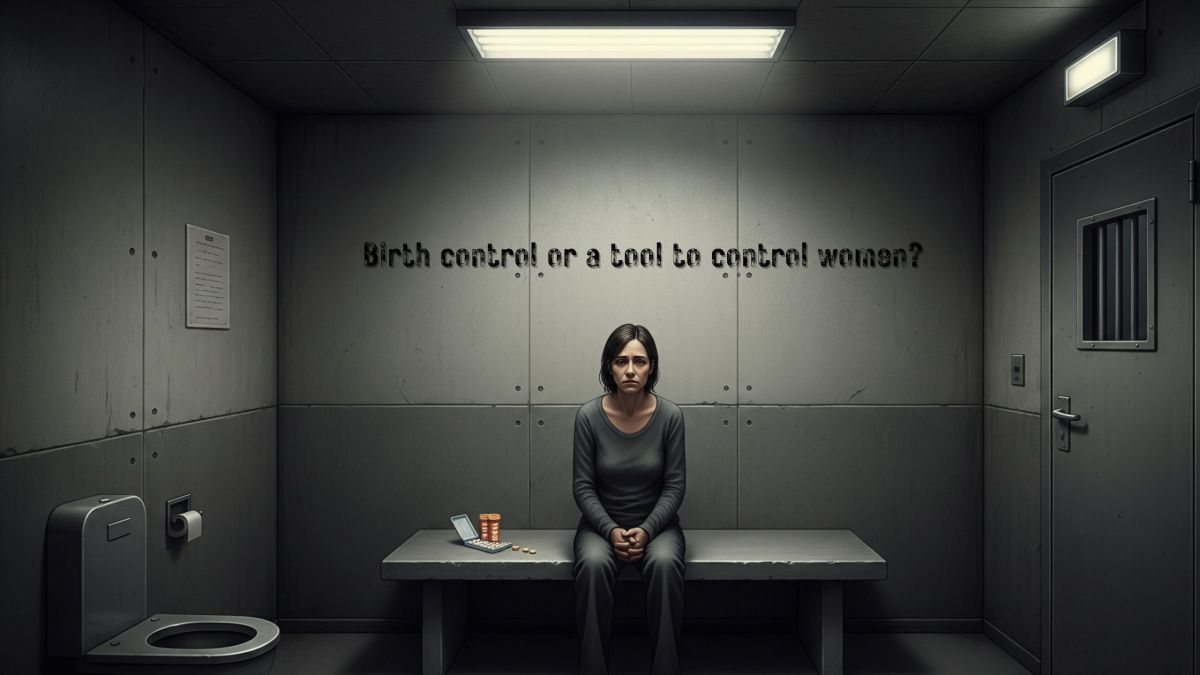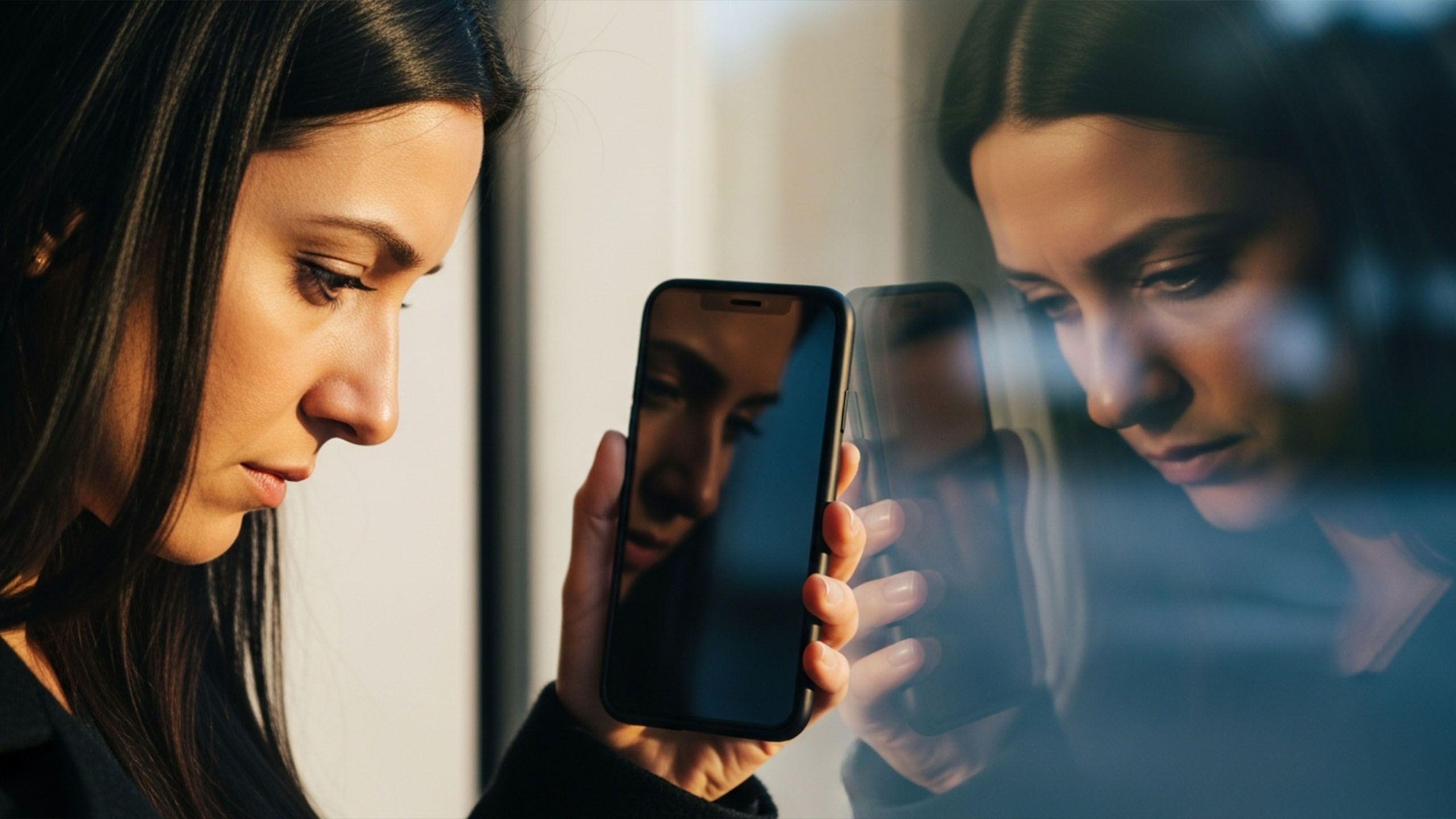
Do Birth Control Pills Empower Women or Control Them?

An Opinion on Autonomy, Health, and the Cost of Convenience
For decades, birth control pills have been hailed as one of the greatest achievements in women’s health. They gave women the power to plan families, pursue careers, and take control of their futures. But as society embraces hormonal contraception as a default, an important question remains: Do birth control pills truly empower women—or have they quietly become a tool of control?
The Promise of Freedom
When oral contraceptives became widely available in the 1960s, they were revolutionary. For the first time in modern history, women could separate sex from reproduction without relying on male cooperation. The pill symbolized liberation—a choice that allowed women to dictate when and if they wanted children.
Empowerment was at the core of this innovation. Fewer unplanned pregnancies meant more educational and professional opportunities. It’s hard to deny the social progress that followed.
The Hidden Costs of Convenience
But empowerment often comes with strings attached. The pill works by altering a woman’s natural hormonal cycle, and that doesn’t come without consequences. Side effects—ranging from mood swings, weight gain, and low libido to blood clots and increased stroke risk—are well-documented, yet often downplayed.
What’s more concerning is the cultural pressure: taking the pill is seen as a woman’s responsibility, while men face little to no burden in preventing pregnancy. Is that true equality—or just a shifted expectation?
Medicalization of Normality
Another layer of complexity is how the pill is prescribed beyond contraception. Acne? Painful periods? Mood swings? Doctors often turn to hormonal birth control as the “solution,” effectively medicating normal biological experiences instead of addressing root causes.
This approach raises the question: Are we empowering women to control their bodies, or are we conditioning them to suppress their natural rhythms for the sake of convenience and productivity?
Empowerment or Dependence?
The pill undeniably grants reproductive freedom, but it also creates dependence—on pharmaceutical companies, on prescriptions, and on a hormonal state that isn’t natural. While some women thrive on the pill, others suffer silently, believing the trade-offs are unavoidable.
True empowerment should include informed choice—with full transparency about side effects, non-hormonal alternatives, and shared responsibility between partners.
Where Do We Go From Here?
The conversation shouldn’t be about demonizing the pill. It should be about autonomy in its fullest sense: access to all contraceptive options, education on the long-term effects of hormonal manipulation, and a shift in cultural attitudes that make contraception a shared responsibility.
Birth control pills can empower—but only if women truly have the freedom to choose, without pressure, misinformation, or lack of alternatives.



 English
English  Deutsch
Deutsch  Español
Español  Français
Français 




